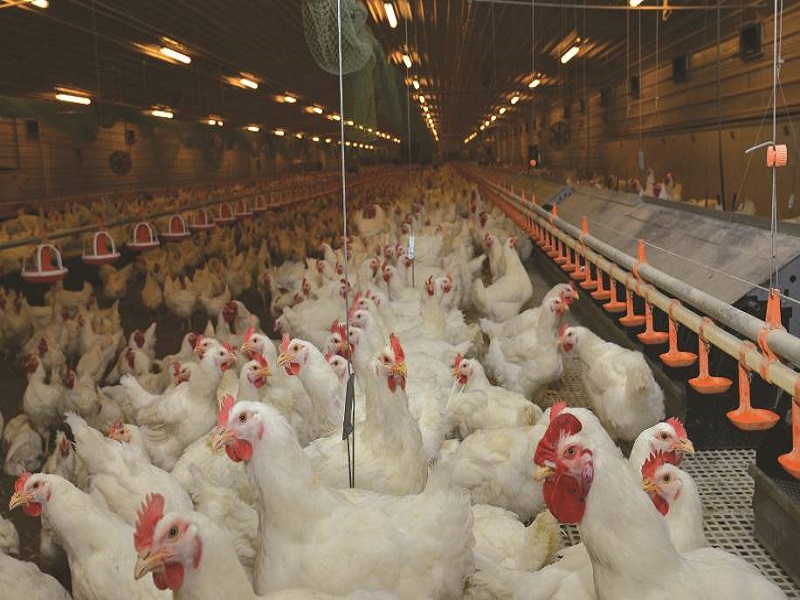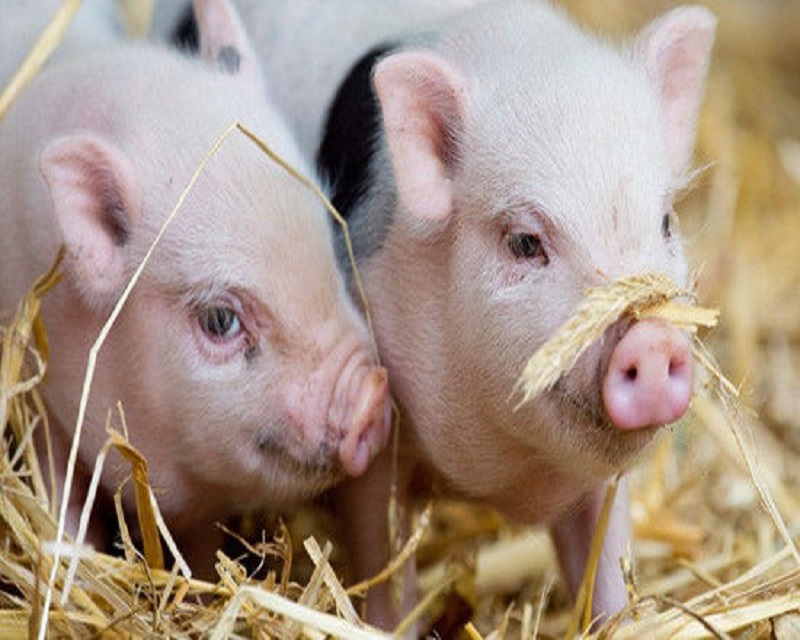Application of betaine in livestock
Betaine, also known as Trimethylglycine, chemical name is trimethylaminoethanolactone and molecular formula is C5H11O2N. It is a quaternary amine alkaloid and a high-efficiency methyl donor. Betaine is white prismatic or leaf like crystal, melting point 293 ℃, and its taste is sweet. Betaine is soluble in water, methanol and ethanol, and slightly soluble in ether. It has strong moisture retention.
01.
The application of betaine in laying hens is that betaine promotes methionine synthesis and lipid metabolism by providing methyl, participates in lecithin synthesis and liver fat migration, reduces liver fat accumulation and prevents the formation of fatty liver. At the same time, betaine can promote the synthesis of carnitine in muscle and liver by providing methyl. The addition of betaine in feed can significantly increase the content of free carnitine in chicken liver and indirectly accelerate the oxidation of fatty acids. The addition of betaine in layer diet significantly reduced the contents of serum TG and LDL-C; 600 mg / kg betaine supplementation in the diet of laying hens (70 weeks old) at the later stage of laying can significantly reduce the abdominal fat rate, liver fat rate and lipoprotein lipase (LPL) activity in abdominal fat, and significantly increase the hormone sensitive lipase (HSL) activity.
02.
Alleviate heat stress, cooperate with anti coccidial drugs to regulate intestinal osmotic pressure; Improve slaughter rate and lean meat rate, improve carcass quality, no residue and no toxicity; Piglet food attractant to prevent piglet diarrhea; It is an excellent food attractant for various aquatic animals, preventing fatty liver, alleviating seawater conversion and improving the survival rate of fish fry; Compared with choline chloride, it will not destroy the activity of vitamins. Betaine can replace part of methionine and choline in feed formula, reduce feed cost and do not reduce poultry production performance.

